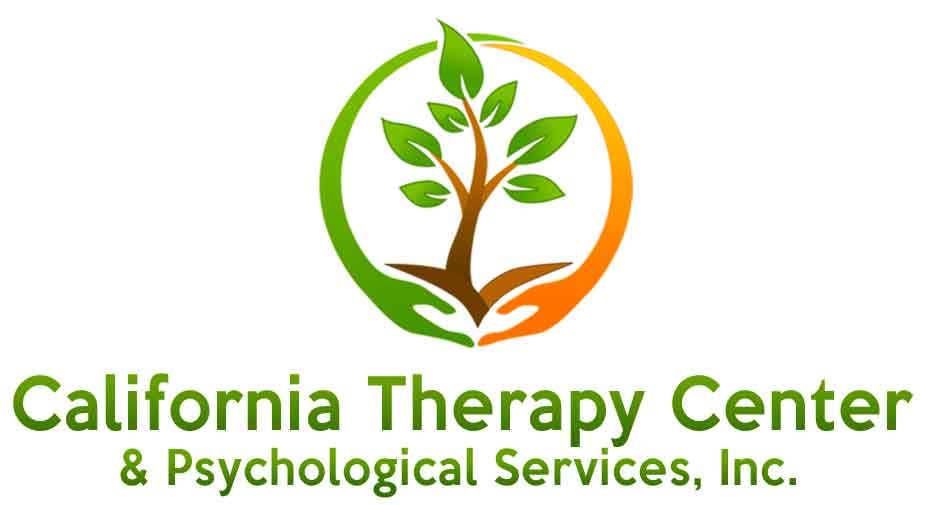Bipolar Disorder Therapy
Understanding Bipolar Disorder
Bipolar disorder is a complex mental health condition marked by extreme mood swings, from manic highs to depressive lows. These shifts can impact your energy levels, sleep patterns, and daily functioning, making stability difficult. Our team provides a structured, evidence-based approach to help you manage bipolar symptoms and improve your quality of life. While medication often plays a role in treatment, therapy addresses underlying issues and equips you with tools for long-term stability.
Recognizing Bipolar Disorder Symptoms
Some common symptoms of bipolar disorder include:
- Manic or Hypomanic Episodes:
- Elevated mood or irritability
- Increased energy and activity levels
- Decreased need for sleep
- Racing thoughts or rapid speech
- Impulsive or risky behaviors
- Depressive Episodes:
- Persistent feelings of sadness or hopelessness
- Loss of interest in activities
- Changes in appetite or weight
- Sleep disturbances, including insomnia or excessive sleep
- Fatigue or low energy
- Difficulty concentrating or making decisions
How Therapy Can Help
Our therapy sessions provide a safe environment to help you manage bipolar disorder more effectively. Together, we’ll work to:
- Identify triggers for mood swings and develop coping strategies
- Foster balanced routines, including healthy sleep patterns and self-care practices
- Build skills for effective emotional regulation and impulse control
- Improve relationships and enhance interpersonal skills
Therapeutic Approach
To effectively manage bipolar disorder, we utilize the following therapeutic techniques:
- Cognitive Behavioral Therapy (CBT): Focuses on identifying and reframing negative thoughts and behaviors that contribute to mood instability.
- Acceptance & Commitment Therapy (ACT): Encourages acceptance of challenging emotions while committing to positive actions.
- Rational Emotive Behavior Therapy (REBT): Targets irrational beliefs and negative thinking patterns to support emotional stability and healthy coping.
- Mindfulness-Based Therapy: Teaches techniques for present-moment awareness to help manage fluctuating moods and emotional distress.
- Psycho-education: Provides valuable information to individuals and their loved ones about bipolar disorder, fostering understanding and adherence to treatment.
If you’re navigating the challenges of bipolar disorder, we invite you to reach out. Together, we’ll work toward building a more stable and fulfilling life.

